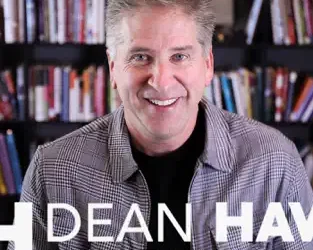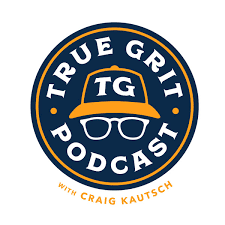All relationships take work, whether they are a marriage, a dating relationship, a family member, a business associate or a friend. But one of the most difficult situations is when someone breaks trust with us. It could involve lying, unfaithfulness or betrayal in some way. And it can be devastating.
It is difficult because one of our most fundamental needs for survival is trust. Without trust, we don’t know who the other person is anymore. And we don’t know how careful, or how free, to be with them anymore. Safety, care, love and risk don’t work at all when trust has been broken. So how do you deal with the relationship when it’s happened, the person wants you to trust them again, and they still matter enough to you, to think it might be worth it if they really change? Here are some helpful steps.
They express authentic concern about their negative impact on you. If the person is the real thing, they will spend very little time on being defensive, how they didn’t really mean it, how you don’t understand, or how you’re part of the problem too. That’s useless, and it’s about them. Instead, they will authentically communicate that they screwed up and they hurt you, no excuses, and they will want to know how it impacted you. That is what functioning adults do.
They deal with their “why.” The words, “Sorry, it won’t happen again” after a bad pattern of behavior, is a red flag. There is something driving the behavior, and they must spend some time figuring that out. Is it selfishness? Old hurts? Shame? Insecurity? Dependency? Anger? The “why” must be something they care about and dig into.
They bring in others to help. They don’t say “We’ll solve this, just the two of us.” Bad sign. They would have already done that successfully by now. The great great majority of trust problems require therapists, confidants, pastors and others who have 10,000 hours of skills on these.
They change measurably over time. Words are a great starting point, but you must see observable behavioral changes, over weeks and months. Don’t get hooked into excuses like “I’ve been busy.” And don’t’ get hooked into someone being compliant for a week or two, then it falls apart again. If the relationship is a priority, the behavior should change. They don’t have to be perfect. But they do have to make significant progress over time.
They pass a small test. At some point, if they are doing the steps above, and you want to continue the relationship, take some small risk, like be vulnerable about something minor, or lend them a bit of money, or any other risk. If they are attuned to your experience, faithful, truthful, don’t judge you or use you, that is a good sign.
Use others to help you. We often are not objective about these matters, especially when emotions are involved. Have a Life Team of a few people who can say “Green Flag” or “Red Flag” in your decisions. They can save a lot of time and energy for you.
My book Beyond Boundaries goes into depth on this important topic. Trust betrayed can become trust restored. If the relationship is worth it to the other person, they will do what is required.
Best,
John






